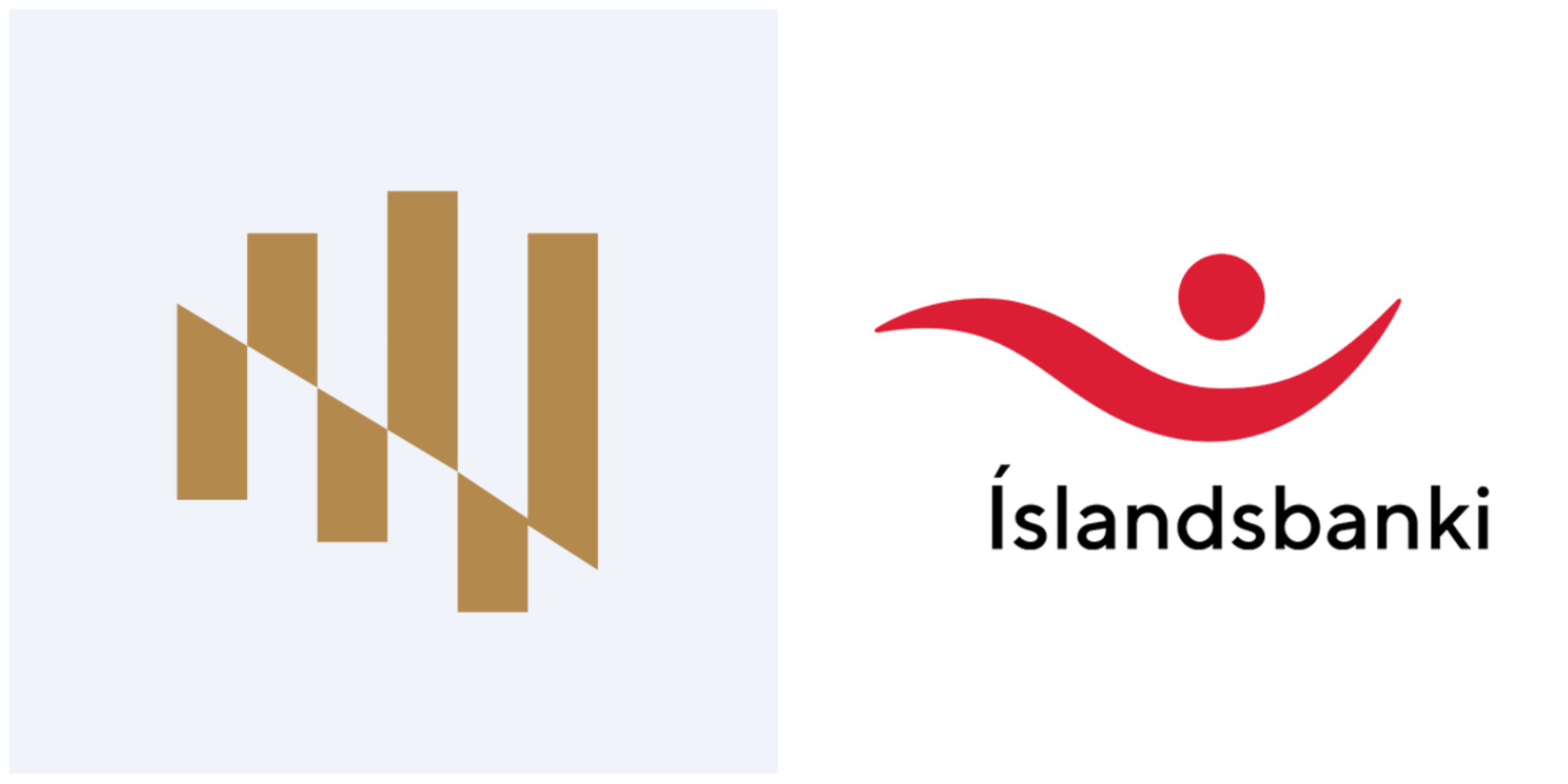Kvika banki, an Icelandic lender bank, has proposed a merger with its larger domestic rival Islandsbanki.
The board of Kvika has written to Islandsbanki to suggest the idea, which it said would “create a strong financial institution with an optimal revenue combination.”
The partly state-owned Islandsbanki is one of three major banks in Iceland, and was subject of the country’s largest ever IPO when the state sold a third of its stake in 2021.
In its statement, Kvika said: “The merged company could provide its customers with diversified services and would contribute to increased competition in the financial market through fintech and other solutions, as well as being an interesting investment opportunity.”
The bank added that “at the current stage it is not deemed timely to decide which company would be the acquiring entity, or to what extent, the companies’ subsidiaries would merge,” saying that this would “depend on a comprehensive assessment of commercial, tax and competition matters which would be performed if formal discussions commence.”
In a separate statement, Islandsbanki confirmed it had received the letter and that it would make a decision on how to proceed next week.
This is the latest step of expansion for Kvika banki after its merger with TM and Lykill under the one brand in 2021.The bank’s board recently approved a significant change to its organisational chart. This included the appointment of Sigurður Viðarsson, CEO of TM, as deputy CEO of Kvika banki, with existing deputy CEO Ármann Þorvaldsson focusing on development of Kvika’s operations in the UK.
Latest News
-
Gemini to cut quarter of workforce and exit UK, EU and Australia as crypto slump forces retrenchment
-
Bank ABC’s mobile-only ila bank migrates to core banking platform
-
Visa launches platform to accelerate small business growth in US
-
NatWest to expand Accelerator programme to 50,000 members in 2026
-
BBVA joins European stablecoin coalition
-
eToro partners with Amundi to launch equity portfolio with exposure to ‘megatrends’
Creating value together: Strategic partnerships in the age of GCCs
As Global Capability Centres reshape the financial services landscape, one question stands out: how do leading banks balance in-house innovation with strategic partnerships to drive real transformation?
Data trust in the AI era: Building customer confidence through responsible banking
In the second episode of FStech’s three-part video podcast series sponsored by HCLTech, Sudip Lahiri, Executive Vice President & Head of Financial Services for Europe & UKI at HCLTech examines the critical relationship between data trust, transparency, and responsible AI implementation in financial services.
Banking's GenAI evolution: Beyond the hype, building the future
In the first episode of a three-part video podcast series sponsored by HCLTech, Sudip Lahiri, Executive Vice President & Head of Financial Services for Europe & UKI at HCLTech explores how financial institutions can navigate the transformative potential of Generative AI while building lasting foundations for innovation.
Beyond compliance: Building unshakeable operational resilience in financial services
In today's rapidly evolving financial landscape, operational resilience has become a critical focus for institutions worldwide. As regulatory requirements grow more complex and cyber threats, particularly ransomware, become increasingly sophisticated, financial services providers must adapt and strengthen their defences. The intersection of compliance, technology, and security presents both challenges and opportunities.
© 2019 Perspective Publishing Privacy & Cookies




.jpg)








Recent Stories